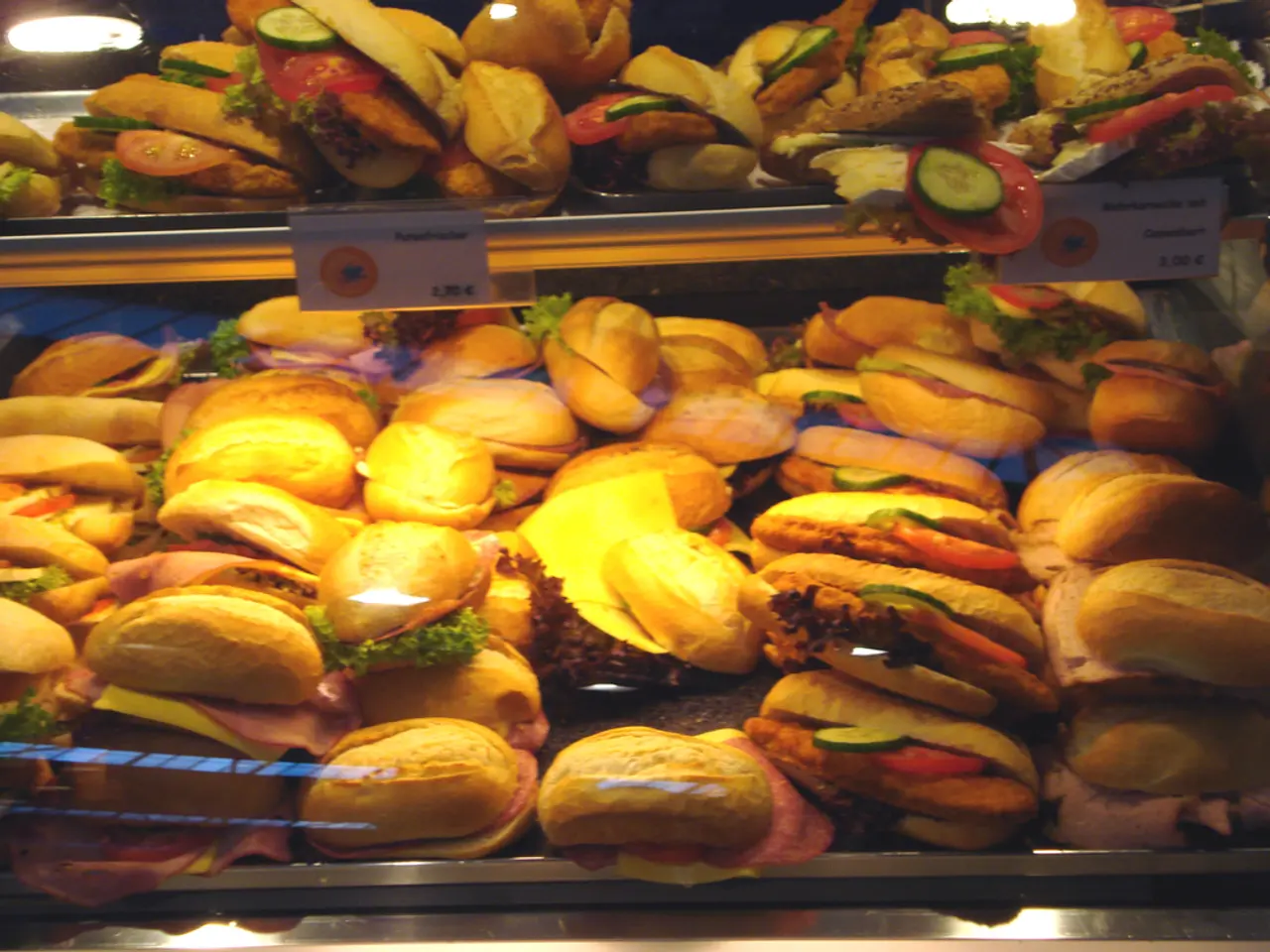German tourists, specifically referred to as "brotch-vacationers," draw criticism from Mallorcan culinary professionals due to their alleged disregard for local cuisine, opting instead for fast food and German favorites.
In the heart of the Mediterranean, the beautiful island of Mallorca is experiencing a challenging summer in 2025. Despite an overall increase in tourist visits, the restaurant industry is facing a significant crisis.
According to Juanmi Ferrer, president of the CAEB (Confederación de Asociaciones Empresariales de Baleares), hundreds of restaurants will have to close this year due to reduced revenue and increased operating costs. The decline in spending by tourists is a key factor, with many establishments reporting that although tourist numbers have risen by around 3%, customers are spending less.
This lower spending translates into reduced revenue for the restaurants, even as visitor numbers rise. Mid-priced restaurants, which traditionally relied on families and couples, are particularly affected by the declining revenue. These businesses are now facing the existential question of whether they can lower their prices further or close.
The "sandwich tourist" phenomenon could permanently change Mallorca's culinary landscape. This new trend in saving, where tourists opt for cheap alternatives like supermarket sandwiches or self-brought snacks instead of dining out, is contributing to the decline in restaurant patronage.
The increased costs of flights and accommodation are consuming a large part of tourists' budgets, leaving little money for supporting local gastronomy. Rising flight and accommodation costs are forcing tourists to tighten their budgets, affecting the catering industry.
The situation is further complicated by adverse social reactions to overtourism. A series of protests against overtourism—including disruptive actions such as water gun antics targeting tourists—have generated negative publicity and unwelcoming messages across Europe. This has led to a significant drop in visitors from key markets like the UK and Germany, especially outside the peak summer months.
The paradoxical situation of empty tables despite packed beaches is a key aspect of the restaurant crisis in Mallorca. Many restaurants hired extra staff anticipating a tourist boom, but actual customer footfall and revenue fell short of expectations, forcing painful staff cuts and early terminations of fixed-term contracts.
Restaurant association leaders warn that continued downturn could lead to partial closures, layoffs, and a broader economic impact on Mallorca's tourism-reliant economy. The decline in customer numbers and revenue in Mallorca’s restaurant sector in 2025 is a result of reduced tourist expenditures, adverse social reactions to overtourism, and consequent shifts in tourist patterns—despite an aggregate nominal increase in tourist arrivals to the island.
As a result, many restaurants that were once a fixed part of the vacation experience are being ignored. Ferrer recently stated that "the summer is miserable" and that the deepness of the restaurant crisis in Mallorca is a topic of ongoing discussion.
- The reduction in tourist spending, coupled with the increasing costs of food-and-drink establishments, is forcing many restaurants to reconsider their lifestyle, as they contemplating lowering prices or even closure.
- The trend of tourists choosing affordable food options, such as supermarket sandwiches, over dining out, is dramatically altering Mallorca's food-and-drink sector, and potentially its lifestyle, as part of the island's unique culinary experience is being gradually eroded.






